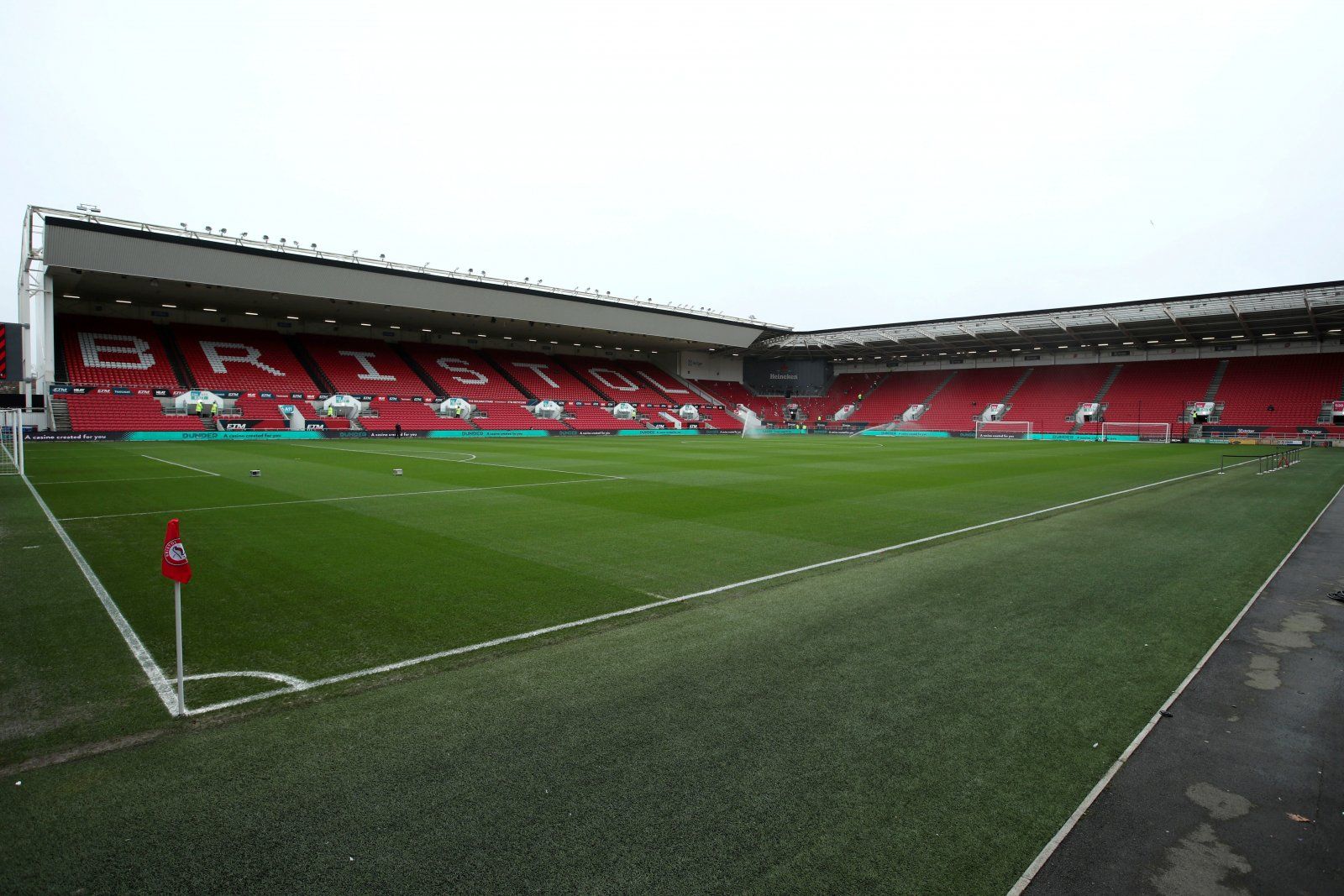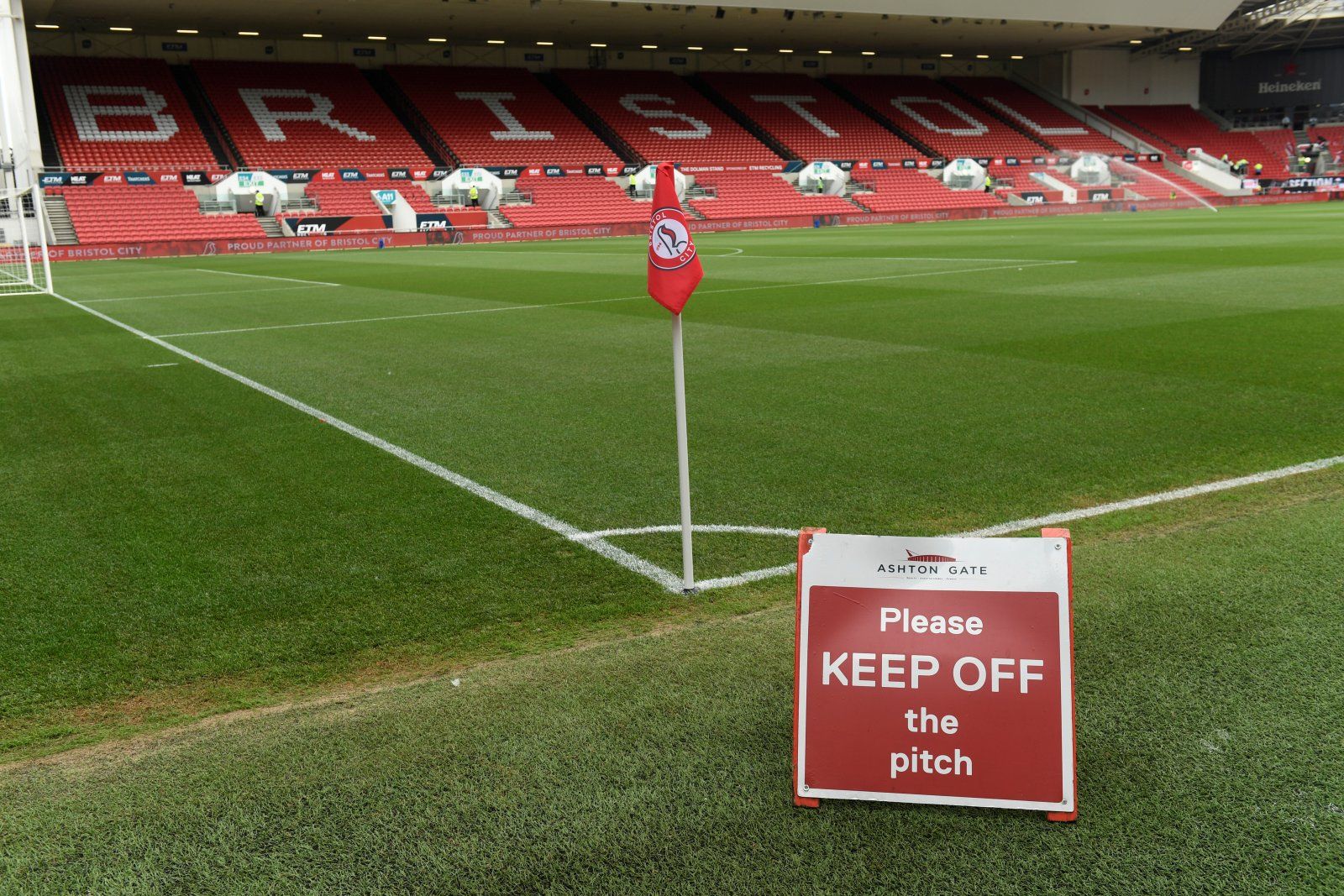Bristol City have struggled to consistently pick up enough results this season so far under Nigel Pearson and they will be hoping for better over the course of the festive period.
The Robins are currently sat in a disappointing 18th place in the Championship table and they missed the chance to build on a good 1-0 win against Stoke City last week when they were beaten 2-0 at Sheffield United on Sunday.
Those two results and performances summed up the way that the season has been going for Pearson’s side with their inconsistency holding them back.
Pearson has already indicated that there is going to need to be more changes to the squad before the Robins can challenge higher up the league and he wants to move on one or two players.
That suggests that it could be another one or two transfer windows before they can mount a serious push up the table under the former Leicester City boss.
Bristol City are a club that do have ambitions to reach the Premier League and they have been aiming to build a side capable of achieving that goal for a number of years now. However, they have dropped a little further away from that in the last couple of years.
The Robins are a club that it would be really good to one day see in the top-flight and here we explore THREE interesting facts about them…
Bristol City’s unwanted relegation record
Bristol City have been a staple of the English second tier for a while now and they have been in the Championship for 12 out of the last 14 seasons.
However, there was once a period where the Robins were anything but stable in terms of their position within the English game and their future as a club in general was also very much in doubt due to financial difficulties.
The Robins became the first Football League club to suffer three successive relegations with them falling from the top-flight all the way down to the fourth tier within three campaigns.
The decline began in 1980 when they were relegated from the top-flight and financial issues behind the scenes saw them fail to recover from that and they went on to suffer back-to-back relegations.
During that period up to 1982 and their final relegation to the fourth tier, there were serious doubts over the long-term future of Bristol City, but the club managed to survive.
They have been attempting to get back into the top-flight ever since their relegation in 1980 that started the three successive relegations.
Bristol City and Bristol Rovers ground share that never was
It is difficult to imagine given the intensity of the rivalry between Bristol City and Bristol Rovers that the two clubs could ever share a home ground.
However, that is something that very much could have happened at one stage in the early 2000s, with the local council having looked into plans that would have seen a 40,000 seater stadium created that would have been shared by the two clubs.
Operating in a new 40,000 seater stadium could certainly have boosted the Robins’ climb up towards the second tier of English football during that period, but you sense supporters of both Bristol clubs would never have been happy to be sharing a ground with their arch-rivals.
In the end, the plans to build the 40,000 seater stadium were rightfully shelved. The Robins have since done a lot of work to Ashton Gate and they now have a stadium of their own that would very much be capable of hosting Premier League football.
Bristol City’s contribution to Manchester United’s English dominance
It is difficult to ever imagine a scenario now where Bristol City face Manchester in the final of a domestic trophy where both sides are even in terms of the number of times they have won said competition.
However, in 1909 the Robins faced Manchester United in the FA Cup final with both clubs aiming to secure their first-ever FA Cup title.
In the end, Bristol City were narrowly beaten 1-0 by Manchester United and it is fair to say that both clubs have been on very different paths ever since. United have since won 11 more FA Cup titles and now only Arsenal with 14 have won the competition on more occasions than the Red Devils.
It turns out that in their only FA Cup final to date, the Robins played a major role in helping Manchester United set up their dominance of English domestic football by securing their first-ever FA Cup title.



